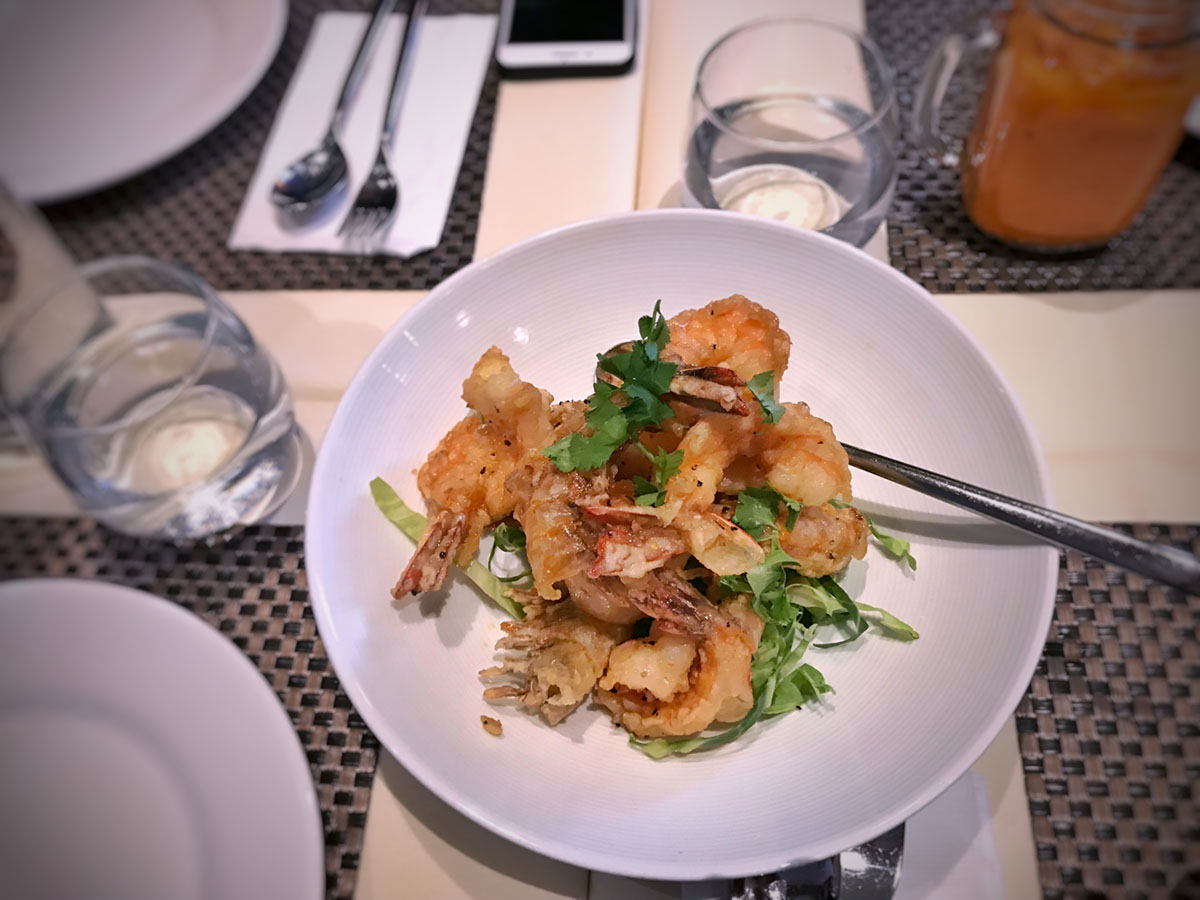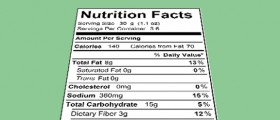
Rheumatoid arthritis can be managed by watching over your diet, because the symptoms of this disease are in most cases triggered by allergic reactions. After the allergic reaction in the body, there are much higher chances for activation of antibodies and damage to the joints.
By avoiding some foods, people are able to reduce the exposure to various allergens and decrease the inflammation processes in the body. Also, watching over the food we eat will certainly have a good impact on our digestion and overall health.
Which Food to Avoid
Alcohol, caffeine and common table salt all belong to the list of products that should be avoided if you want to preserve your good health. Avoid all processed sugars, including white, confectioners, turbinado sugar, and even brown sugar. Corn syrup and processed corn fructose, and especially artificial (or chemical sugar) sweeteners are also something to keep away from.
Pasteurized dairy products, including milk are also on the list of food to avoid.
Monosodium glutamate (MSG) and hydrolyzed vegetable proteins should not be used if you care for your health.
If you can’t completely eliminate red meat and processed food from your menu try to significantly reduce the amount of these foods on your plate, since they are not useful for your general health.
Potentially Problematic Foods
Nightshade vegetables, such as potato, peppers, eggplant and tomato are not advised to be used in people suffering from a rheumatoid arthritis. Tobacco, although not a vegetable is also on the list of night shade plants and have to be avoided. Sometimes, you can test how your body reacts to these plants by completely avoiding them for a couple of weeks and then slowly integrating one by one into the menu and watching for reactions. You should be aware that sometimes, it might take two days to develop the reaction to some of these plants.Gluten is also something you might be allergic or intolerant to. It can be found in wheat, rye and barley, but also in many sauces and processed food. This type of food intolerance is more common for people from Northern Europe, and can also be associated with sensitivity or intolerance to homogenized dairy products. However, these people are able to use non-homogenized milk and products made of it.
Celiac disease is a condition that can be diagnosed with some medical tests, while gluten intolerance is harder to grasp. A person should avoid gluten in all products for about 2 months, to see if gluten is the substance he/she is sensitive to.

















Your thoughts on this
Loading...